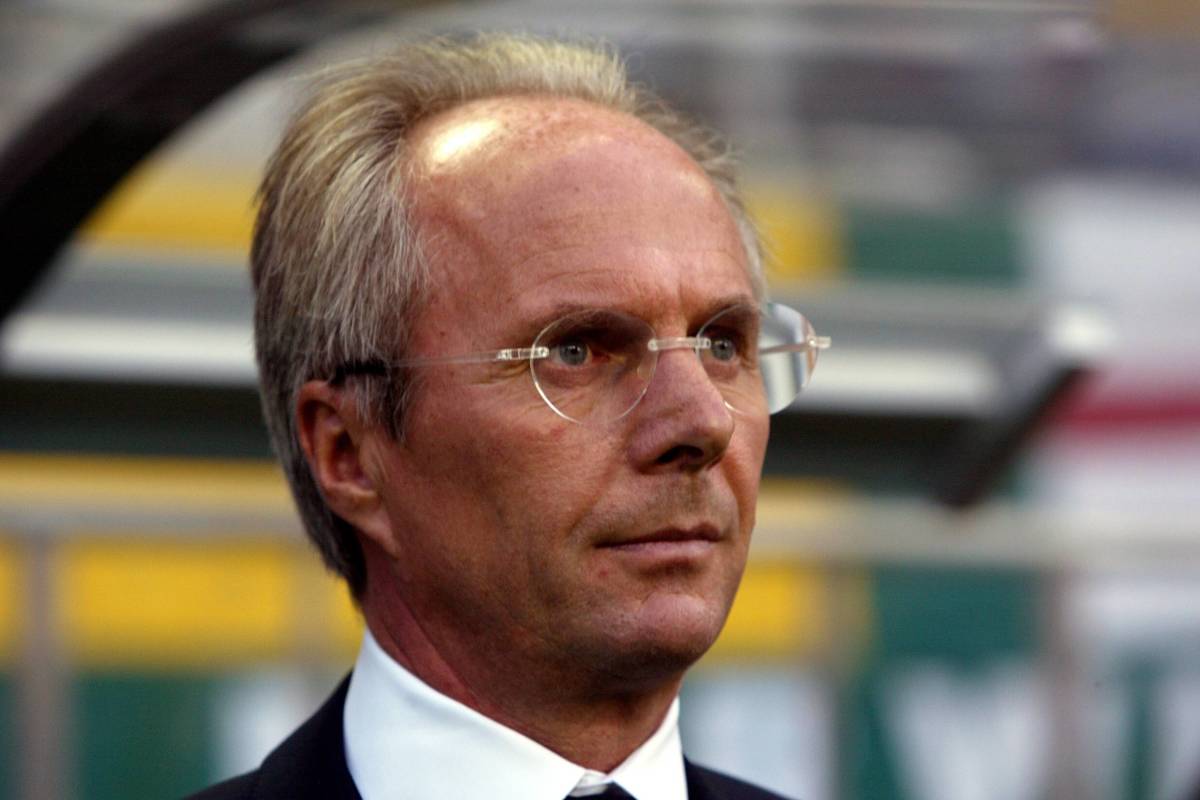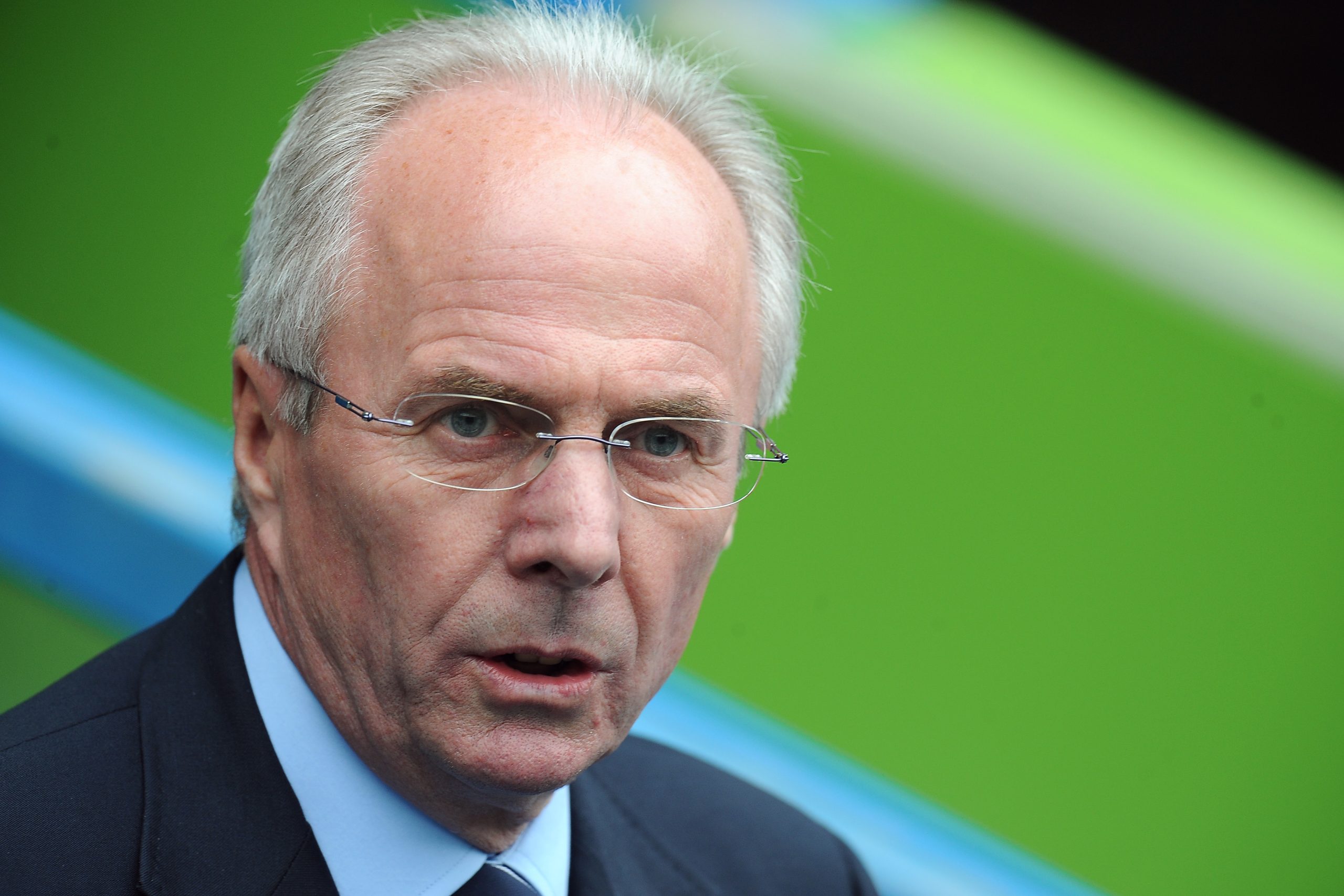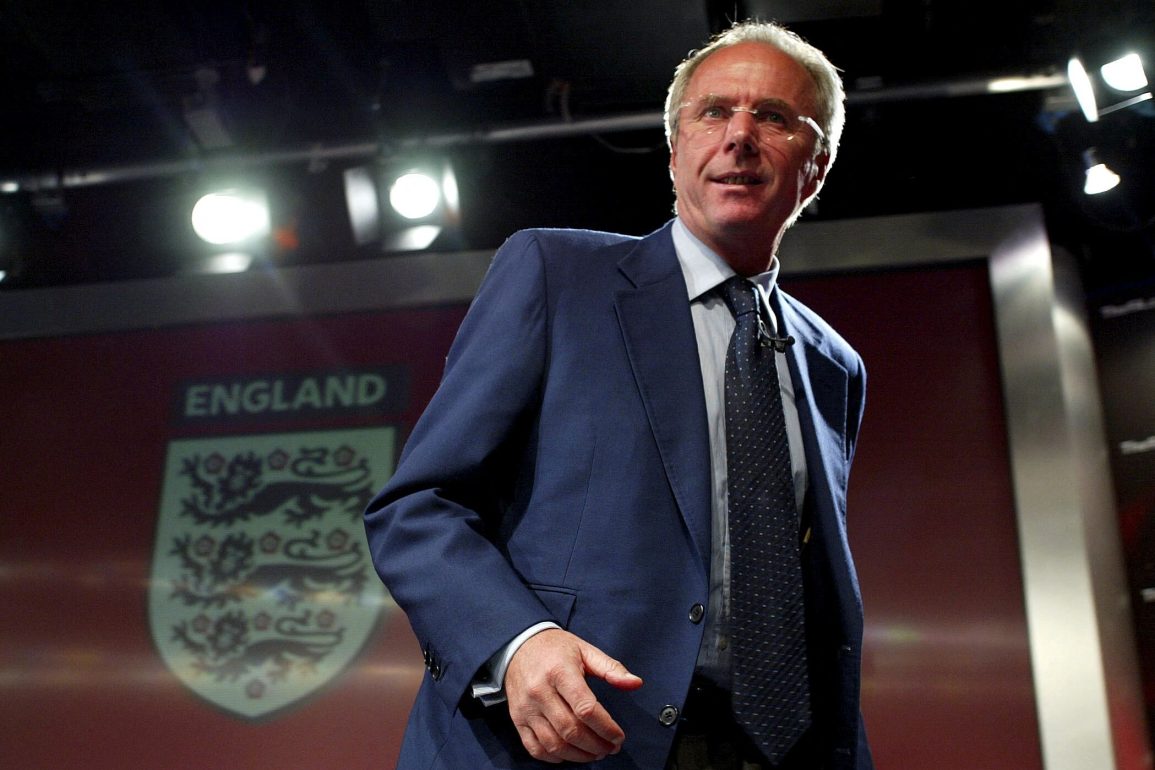Sven-Goran Eriksson’s journey in football began not on the grand stages of international tournaments but in the local circuits of Swedish football. His early years as a coach were marked by a deep passion and an unwavering determination to understand the game. At IFK Gothenburg, he laid the foundation for his coaching career, demonstrating a keen eye for tactics and a commitment to innovative footballing philosophies.
His time in Sweden was not just about victories but about developing a global perspective that would later define his managerial style. As Eriksson progressed to managing Benfica, he began absorbing the nuances of different football cultures, a crucial aspect of his future success.
Eriksson’s success at club level was undeniable. His time in Portugal with Benfica saw him win multiple league titles, and his foray into Italian football with clubs like Roma and Lazio cemented his reputation as a tactical genius. However, the question remained: could his expertise translate to the international stage? The football world took notice when England came calling, marking a significant transition in his career.
Eriksson’s appointment as England’s first foreign manager was met with skepticism, but it also opened doors for a new era of international coaching that was not restricted by nationality. His ability to manage elite players and adapt to different footballing philosophies made him a trailblazer in global football management.

Sven-Göran Eriksson a Football Diplomat Who United Cultures Through Tactical Brilliance
Beyond the tactical intricacies of the game, Eriksson played a crucial role as a football diplomat. His managerial stints spanned multiple continents, from England to Mexico and China, making him one of the most well-traveled football managers of his time.
Eriksson’s ability to communicate and build strong relationships with players from diverse backgrounds showcased his strength as a unifier. He utilized football as a tool to bridge cultural divides, demonstrating that the sport transcends national boundaries. His diplomatic approach not only influenced teams on the pitch but also shaped the perception of football as a global phenomenon.
One of Eriksson’s defining qualities was his ability to integrate various footballing cultures into a cohesive unit. His time in Serie A, the English Premier League, and international football required him to navigate different tactical approaches and expectations. At Lazio, he managed a multicultural squad and led them to a Serie A title, proving his ability to blend styles effectively.
Similarly, with England, he faced the challenge of managing players with diverse club allegiances and transforming them into a unified team. Eriksson’s cultural sensitivity allowed him to turn diversity into strength, fostering an environment where players felt valued and motivated to perform at their best

Sven-Göran Eriksson a Visionary Tactician Who Transformed Modern Football Strategies
Eriksson’s tactical approach was both adaptable and revolutionary. At Roma, he emphasized attacking football, while with England, he focused on disciplined, structured play. His ability to adjust his tactics based on the strengths of his team set him apart from many of his contemporaries.
Beyond the tactics, his coaching philosophy extended beyond the pitch, influencing players’ professional and personal growth. Eriksson’s legacy is not just about the trophies he won but also about the influence he had on a generation of coaches and players. His impact on football strategy continues to be felt, inspiring future managers to adopt a holistic approach to coaching.
Sven-Goran Eriksson’s influence extends far beyond his managerial career. His ability to adapt, innovate, and build bridges between cultures has left an indelible mark on the footballing world. From mentoring players who went on to become legends to shaping the way international teams are managed, Eriksson’s contributions have had a ripple effect across generations.
Though skepticism about his impact may linger, his legacy is evident in the continued success of the teams and individuals he shaped. As football continues to evolve, Eriksson’s philosophy of inclusivity, adaptability, and tactical ingenuity remains a guiding force for future generations.







